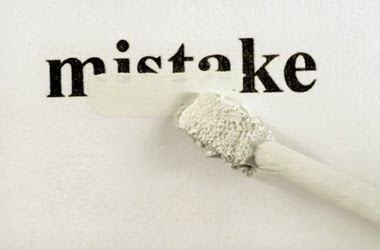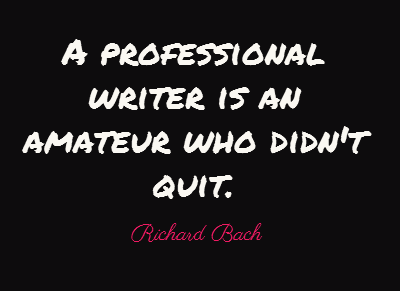
E-books and Kindle Digital Rights Management
 I have avoided this debate for a while now, but with several books on the way to being published this year and next, I have to face this question soon enough. What should I do with my e-book and should I use a DRM for this one?
I have avoided this debate for a while now, but with several books on the way to being published this year and next, I have to face this question soon enough. What should I do with my e-book and should I use a DRM for this one?
 When I published my first book, in 2011, I decided to use the DRM (Digital Rights Management) that Kindle suggested I use. I was worried that my name wouldn’t get out there if I didn’t use it. I admit I made an error in judgement, but this was a long time in coming. It’s not a big error, but it is one I will not be repeating again.
When I published my first book, in 2011, I decided to use the DRM (Digital Rights Management) that Kindle suggested I use. I was worried that my name wouldn’t get out there if I didn’t use it. I admit I made an error in judgement, but this was a long time in coming. It’s not a big error, but it is one I will not be repeating again. On that note, I looked into the sales of my paperback and my e-book- for the past three years. I’m not the greatest at math, and I would make an educated guess that at 99 cents, my book would be doing better without the DRM, but it is something I can’t change unless I re-publish the book.
On that note, I looked into the sales of my paperback and my e-book- for the past three years. I’m not the greatest at math, and I would make an educated guess that at 99 cents, my book would be doing better without the DRM, but it is something I can’t change unless I re-publish the book. My editor and my co-authors have weighed in on this debate and have said for them they would most likely purchase a book that has no DRM as opposed to one which does. If it’s a good book they won’t mind either way, but for a new author they might think twice about buying a book. For them, as readers, they like to share books with friends for a time, but also want book sales. To them, the DRM stands in their way of doing this. It’s not true, but it is a perception many readers have.
My editor and my co-authors have weighed in on this debate and have said for them they would most likely purchase a book that has no DRM as opposed to one which does. If it’s a good book they won’t mind either way, but for a new author they might think twice about buying a book. For them, as readers, they like to share books with friends for a time, but also want book sales. To them, the DRM stands in their way of doing this. It’s not true, but it is a perception many readers have.
KDP (Kindle Direct Publishing) themselves state in the choice box about DRM being this: DRM (Digital Rights Management) is intended to inhibit unauthorized distribution of the Kindle file of your book. Some authors want to encourage readers to share their work, and choose not to have DRM applied to their book. If you choose DRM, customers will still be able to lend the book to another user for a short period, and can also purchase the book as a gift for another user from the Kindle store.
It’s about encouraging readers to read a book, and that means making sure it gets into the hands of readers. Not only this, but it can encourage new readers to your book, and encourage new writers that there are a host of options out there if they want to learn about them.
You May Also Like

Fold Your Troubles Away…and WRITE!
December 12, 2012
Tech Review: Android Lollipop
March 5, 2015


